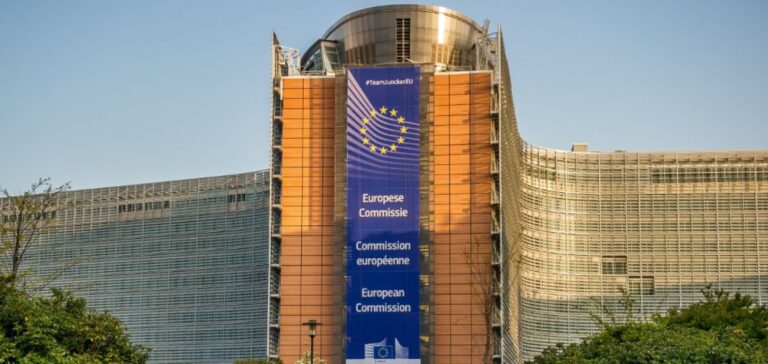The European Commission announced this morning that it has reached a provisional agreement with the European Parliament and the Council to reform and strengthen the EU’s Energy Efficiency Directive. This agreement marks a further step in the realization of the “Fit for 55” plan to achieve the objectives of the European Green Deal and the REPowerEU plan. It is a further demonstration of theEU ‘s determination to become carbon neutral by 2050.
An ambitious agreement to strengthen energy efficiency
For the first time, the principle of energy efficiency is legally reinforced, with a clear requirement for EU countries to take energy efficiency into account in their policies, plans and major investment decisions in the energy sector and beyond. The agreement sets an energy efficiency target of 11.7% for 2030, exceeding the original proposal in the Commission’s “Fit for 55” plan. It requires EU member states to collectively ensure a further reduction in final and primary energy consumption, compared to the 2020 energy consumption forecast.
New objectives and greater responsibility for the public and private sectors
The new rules give greater responsibility to the public sector to increase energy efficiency. Public bodies will have to systematically take into account energy efficiency requirements in their public procurement of products, services, buildings and works. A new annual energy reduction target of 1.9% is introduced for the public sector.
Companies will be encouraged to be more energy efficient. Large energy consumers will be required to adopt energy management systems. All companies, including SMEs consuming more than 85 TJ of energy annually, will be required to implement an energy management system. Otherwise, they will be subject to an energy audit (if their annual consumption exceeds 10 TJ). For the first time, an energy performance reporting system for large data centers is also introduced.
Strengthening energy efficiency financing
The agreement also strengthens energy efficiency financing provisions to help mobilize investment. EU Member States will be required to promote innovative financing schemes and green loan products for energy efficiency, ensuring their broad and non-discriminatory availability by financial institutions.
An agreement has been reached among European Union member countries to require countries to report on their investment in energy efficiency. The agreement also includes the first ever European definition of energy poverty. Member States will have to take measures to improve energy efficiency as a priority for people affected by energy poverty, vulnerable customers, low income households and people living in social housing.
Reducing energy poverty and empowering consumers
The new legislation will place greater emphasis on reducing energy poverty and empowering consumers. This will include the creation of one-stop shops for technical and financial assistance as well as out-of-court mechanisms for dispute resolution. Member States will thus have to take measures to make consumers responsible and provide them with concrete means of action to reduce their energy footprint.
The next steps
The provisional agreement must now be formally adopted by the European Parliament and the Council. Once this is done, the new legislation will be published in the Official Journal of the Union and will enter into force.






















